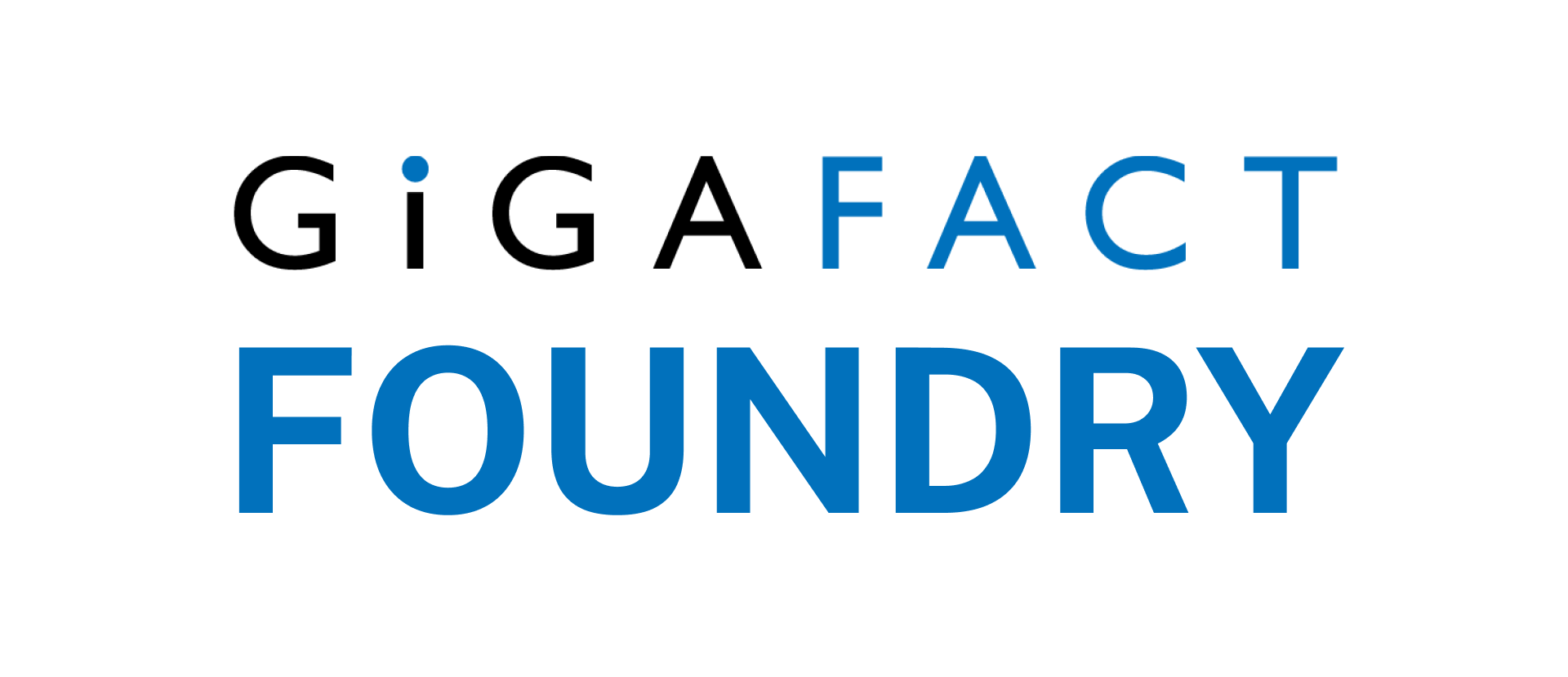Saturday, Nov. 14, 2020
Has a decline in union membership coincided with greater income inequality in the US?
According to the pro-labor Economic Policy Institute, as union membership has declined since the late 1970s, the income share going to the middle 60% of wage earners has decreased, while the income share going to the richest 10% of Americans has increased.
Some economists (including Richard Freeman and James Medoff in their book "What Do Unions Do?") have demonstrated that unions raise the wage floor for both unionized and non-unionized workers—and thus, that weakened unions contribute to greater income inequality. A 2011 American Sociological Review paper found "the decline of organized labor explains a fifth to a third of the growth in inequality" from 1973 to 2007. A 2017 paper from the National Bureau of Economic Research found the union wage premium was larger for low-earners, Black workers and workers with less education.
This fact brief is responsive to conversations such as this one.
Sources
- Economic Policy Institute: Union decline and rising inequality in two charts
- UC Berkeley: David Card—Unions and wage inequality
- onlabor: American Sociological Review—Unions, norms, and the rise in US wage inequality
- National Bureau of Economic Research: Unions, workers, and wages at the peak of the American labor movement
About fact briefs
Fact briefs are bite-sized, well-sourced explanations that offer clear "yes" or "no" answers to questions, confusions, and unsupported claims circulating online. They rely on publicly available data and documents, often from the original source. Fact briefs are written and published by Gigafact contributor publications.
See all fact briefs
Between 2020 and 2022, under close editorial supervision, Gigafact contracted a group of freelance writers and editors to test the concepts for fact briefs and provide inputs to our software development process. We call this effort Gigafact Foundry. Over the course of these two years, Gigafact Foundry writers published over 1500 fact briefs in response to claims they found online. Their important work forms the basis of Gigafact formats and editorial guidelines, and is available to the public on Gigafact.org. Readers should be aware that while there is still a lot of relevant information to be found, not all fact briefs produced by Gigafact Foundry reflect Gigafact's current methods and standards for fact briefs. If you come across any that you feel are out of date and need to be looked at with fresh eyes, don't hesitate to contact us at support@gigafact.org.
Learn MoreLatest Fact Briefs
Is there a scientific consensus that life begins at conception?
Thursday, Aug. 4, 2022
Do countries around the world subsidize fossil fuels?
Wednesday, Aug. 3, 2022
Is the repeal of Roe v. Wade expected to increase the maternal death rate?
Wednesday, Jul. 27, 2022
